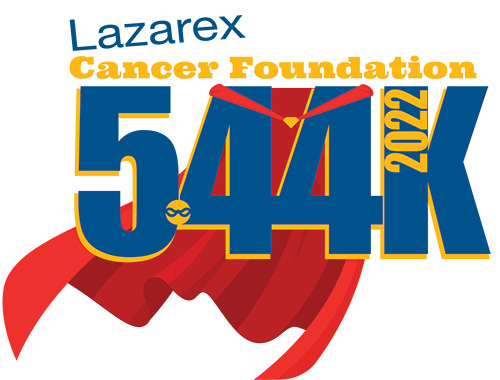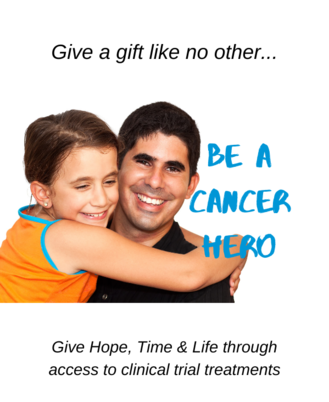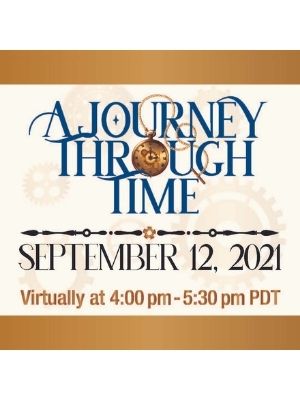By Marya Shegog, PhD, MPH, CHES: Health Equity and Diversity Coordinator, Lazarex Cancer Foundation
Black Men …Prostate Cancer?
February 1st is the first day of Black history month. I always take a moment to think about my forefathers which inevitably leads to me thinking about Prostate Cancer. Prostate cancer has a unique stigma for African American men. Almost every man in my family in the last two generations had it and two died from it. Although 3 of the men were medical doctors, they did not even talk amongst themselves about the experience. They did not review latest treatments or even the treatments they opted to have. In fact, it was only upon the death of a brother that one spoke out about prostate cancer and encouraged all to get checked. It was not until after the funeral that all the remaining brothers found out that they had been diagnosed and subsequently treated for prostate cancer. It took death for them to talk about it. I later learned, from talking to my father, that they believe that prostate cancer is a commentary on their masculinity, their person and their very soul. They believed having their prostate removed rendered them half of a man, never acknowledging that it also left them alive.
The truth is, that cancer, much less prostate cancer, is an ugly disease. Prostate cancer occurs more often among men of African descent, with markedly higher mortality rates. The silence that engulfs the disease is doing no one a favor. The opportunity to talk about it and learn to navigate the prostate cancer experience is available, and for those who are diagnosed with metastatic prostate cancer there are opportunities to participate in cancer trials that may extend life but also support the development of treatments that are more effective among Black Men.
My generation has yet to experience one case of prostate cancer, however, we are still young and not quite in the age range. I check in on my brothers, cousins and nephews. I ask them “Have they had their tomato for the day?” (one of the few dietary prevention steps identified) “Do they know their Prostate Specific Antigen (PSA) level?” and if within the age range, “Have they had the digital rectal exam (DRE)?” They still don’t like to talk about it but, I can be persistent, and they have almost gotten used to my asking. I will keep on asking and forcing dialog so that even if they are not comfortable hopefully, they will be taking action to know and prevent this disease.

This is a picture of me and my (L) Uncle Col. Howard J. Shegog, M.D. who died from prostate cancer, and my father (R) Don R. Shegog, M.D. who also had prostate cancer and spoke at his brother’s (Howard J. Shegog’s) funeral about being diligent about screening for prostate cancer.
Marya Shegog’s bio can be found here.




